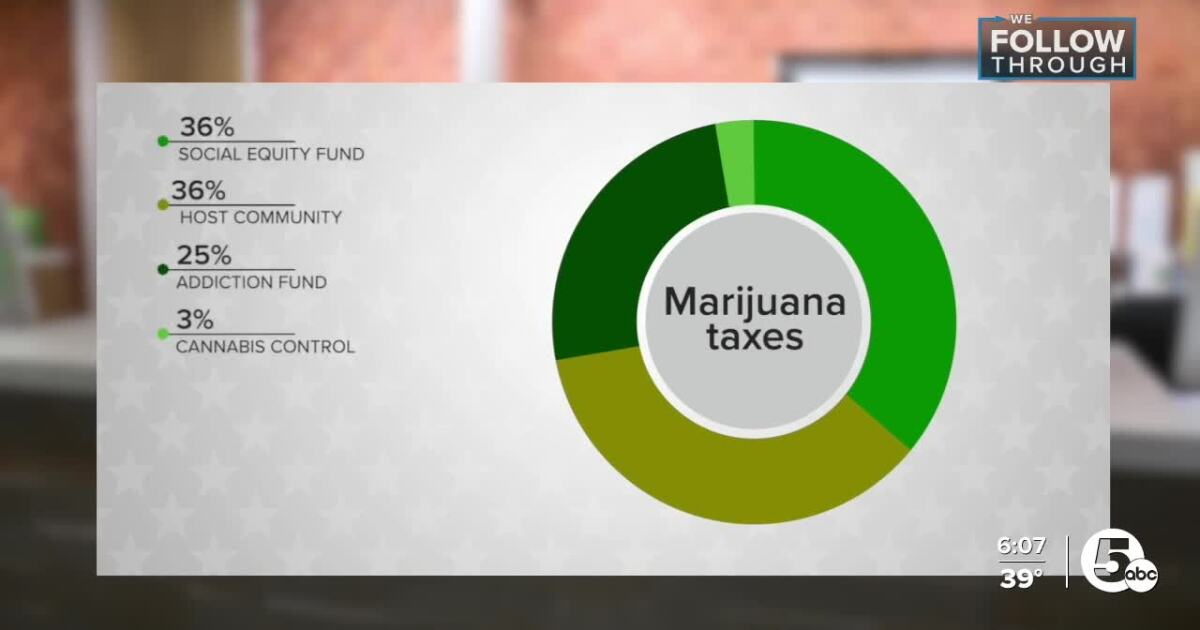Ballot Backlash: Ohio Republicans Challenge Voter-Approved Cannabis Legalization

In a controversial move that has sparked widespread debate, Ohio Senate Republicans are seeking to dramatically reshape the recreational marijuana landscape that voters decisively approved just months ago. The legislative body is pushing forward with proposed changes that would significantly alter the voter-approved marijuana legalization measure, challenging the will of Ohio's electorate.
The proposed modifications aim to restrict and redefine key aspects of the marijuana legalization law that citizens overwhelmingly supported in the 2023 ballot initiative. Republican lawmakers argue that the changes are necessary to address potential regulatory concerns, but critics view the effort as a direct challenge to direct democracy.
At the heart of the controversy is the Senate's attempt to modify the original voter-approved framework, potentially limiting access, adjusting possession limits, or implementing more stringent regulations than those initially outlined in the popular ballot measure. This legislative intervention has drawn sharp criticism from marijuana advocates and citizens who believe the Senate is undermining the clear mandate expressed by voters.
The political maneuver highlights the ongoing tension between legislative bodies and voter-initiated policy changes, raising important questions about the sanctity of direct democratic processes and the extent of legislative power to modify voter-approved initiatives.
As the debate continues, Ohioans remain divided, with supporters of the original marijuana legalization law viewing the Senate's actions as a direct affront to their electoral choice, while proponents of the changes argue that additional oversight is necessary to ensure responsible implementation.

